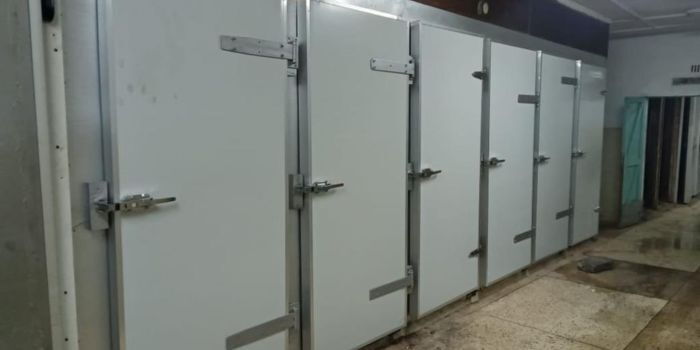The Kenya Medical Practitioners and Dentists Council (KMPDC) has ruled that hospitals can no longer detain bodies of deceased patients because of unpaid medical bills.
The ruling followed a case where a Nairobi man complained that a hospital was unlawfully holding his wife’s body. His wife passed away on August 7, 2025. At the time of her death, the medical bill had risen to Ksh1.29 million, which the family could not afford to pay.
Council Orders Release of Body
On September 16, the Office of the Ombudsman confirmed that KMPDC had ordered the hospital to release the body. The council stated that hospitals must seek other legal ways to recover unpaid bills instead of detaining the deceased.
“Holding a body over a debt is unlawful,” the Ombudsman said.
Constitutional Right to Dignity
KMPDC explained that detaining bodies violates the Constitution. Article 28 guarantees every person’s inherent dignity, which continues even after death.
The statement also pointed to a court ruling that banned the use of bodies as collateral for debt. This means a body cannot be auctioned, sold, or used as a way for hospitals to generate income in mortuaries.
Alternative Debt Recovery
The council advised hospitals to use lawful methods to recover money owed. These include repayment plans with families or filing claims in court.
This directive aims to protect grieving families from added pain and stress. It also ensures that burial arrangements are not delayed due to financial challenges.
Relief for Families
The decision is expected to bring relief to many Kenyan families. In the past, hospitals have often held bodies until bills were cleared, causing emotional suffering.
By reinforcing constitutional rights, KMPDC has made it clear that human dignity must be respected, even after death. Hospitals are now required to comply with this ruling and find fair ways to recover their costs.

